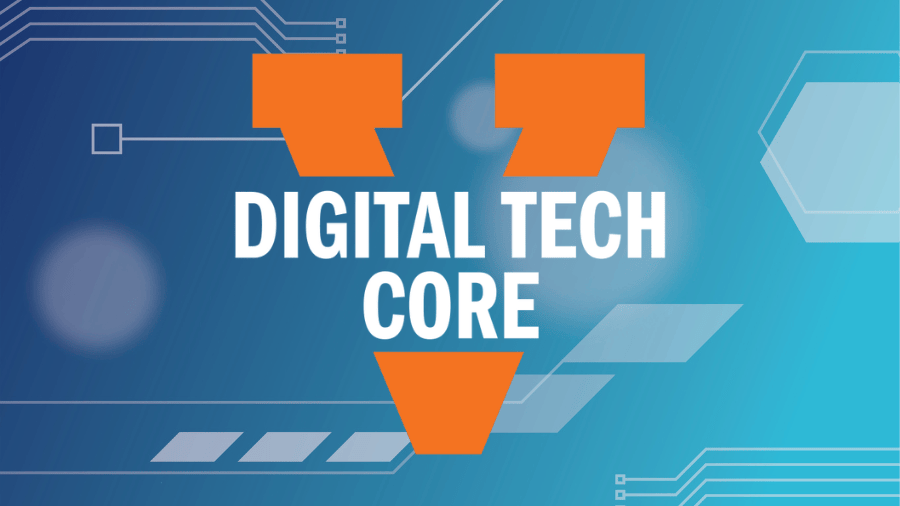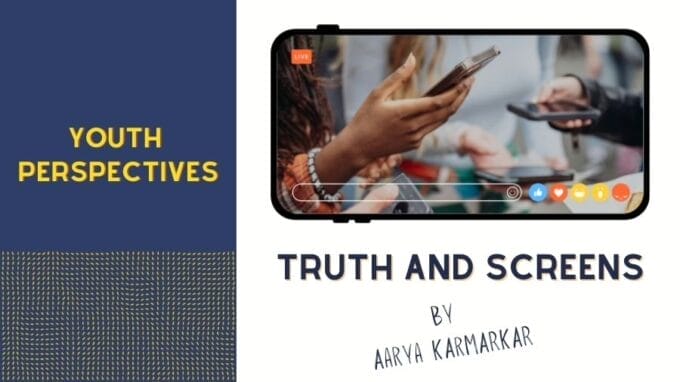At the University of Virginia, leadership has recently launched a suite of new initiatives aimed at supporting UVA faculty research and innovation, including TYDE. TYDE is a thematic program dedicated to research on youth mental health and technology. It works in collaboration with the Digital Tech Core (DTC), a parallel initiative that focuses on building up UVA’s digital research infrastructure to support researchers across the range of academic and medical fields.
The DTC is designed to help UVA researchers reduce research costs and increase competitiveness by providing a variety of in-house services. At the heart of DTC is Digital Trails, a versatile platform researchers can leverage to build and manage their studies or digital interventions.
What is Digital Trails?
Available on both Apple and Google platforms, Digital Trails offers researchers several powerful features to collect data efficiently. Digital Trails can be integrated with wearable devices like Fitbit, Whoop, and Oura. As these devices gather data, Digital Trails will monitor the information in real-time, using AI algorithms to flag extreme or anomalous data. This makes it easier for researchers to detect significant trends or outliers during their studies. The Digital Trails app also allows researchers to deliver surveys and other content directly to study participants’ smartphones. Beyond collecting self-reported data, it also can gather passive data from the devices, such as movement, light exposure, health metrics, geolocation, and battery levels—offering a comprehensive view of participants’ daily lives.
One example of Digital Trails supporting research innovation is MindTrails, a suite of apps designed by TYDE co-Director Bethany Teachman, DTC Directors Laura Barnes and Mark Rucker, and their teams, that deliver digital mental health interventions to help reduce anxiety. As Teachman notes, “There is no way we could build and offer the range of digital interventions that MindTrails provides to different communities experiencing anxiety without the amazing support and thought partnership that DTC provides. It is a wonderful synergy between the psychology and health care researchers and the engineering and computer science innovators that DTC brings to life in a cost-effective, generative partnership.”
How to Get Involved?
Researchers interested in accessing DTC services have three options. Barnes and Rucker offer free consultations to help researchers identify the most suitable digital tools for their projects, whether it is Digital Trails or an external commercial service. If Digital Trails is a good fit, UVA researchers can use it at a nominal cost—significantly lower than commercial alternatives. If Digital Trails has the potential to be a good fit but would require additional functionality, researchers can hire DTC’s team of developers to build what is needed. All of DTC’s lead developers hold PhDs and are researchers with an intuitive understanding of research needs. Faculty who are applying for funding to support research with a major digital component are encouraged to consult with Barnes and Ruckers. They are happy to join research collaboratives, which can help strengthen grant applications by signaling to funders that UVA teams have the deep knowledge to conduct research with mobile sensors and smartphones effectively and responsibly.
Barnes and Ruckers have worked with faculty to include DTC services in the budget lines of major grants and helped faculty negotiate to include DTC services in their startup packages. The DTC will soon introduce a seed grant program offering researchers developer hours to expand Digital Trails’ capabilities for specific research needs. An initial consultation is required to apply for this opportunity.
In all, the DTC is empowering UVA researchers to harness the power of digital technology in innovative ways, making their studies more effective and competitive in today’s fast-paced research landscape.



